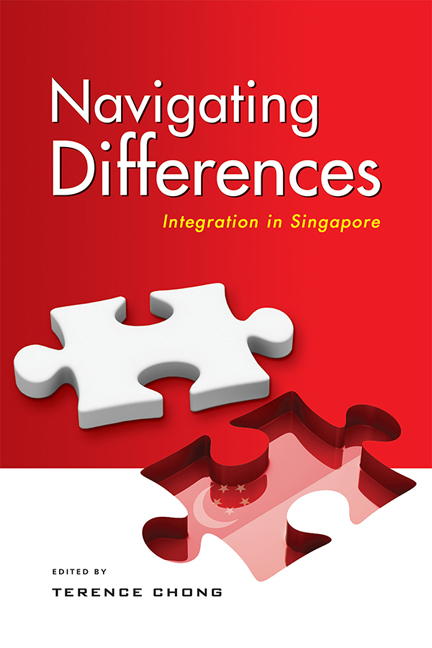4 - Rising Conservatism in the Singapore Malay-Muslim Community: Worrying Times Ahead?
Published online by Cambridge University Press: 24 November 2020
Summary
INTRODUCTION
In 2011, the late Minister Mentor Mr Lee Kuan Yew shared some critical reflections on the condition of the Malay-Muslim community in Singapore. In his book Hard Truths to Keep Singapore Going, Mr Lee opined, “I think we were progressing very nicely until the surge of Islam came and if you asked me for my observation, the other communities have easier integration—friends, intermarriages and so on, Indians with Chinese, Chinese with Indians—than Muslims. That's the result of the surge from the Arab states.” Mr Lee's assessment of the Muslim community's difficulty in integrating might have been shaped by demands from segments of the community over the years from the 1980s. The group is influenced by the Islamic resurgence movement, calling Muslims to be more committed to what they consider to be “Islamic”, though in real terms, it actually refers to the conservative, ritualistic and puritan interpretations of religion. Such requests include urging the People's Action Party (PAP) government to safeguard the madrasahs (full-time Islamic schools) surrounding the proposal by the government to implement Compulsory Education (CE) for all students up to primary six (for the Primary School Leaving Examinations, or PSLE) in the late 1990s and early 2000s. While the government had never intended to close down the madrasahs, and the CE proposal applies to all students notwithstanding to whether they are in the national schools or the madrasahs, a segment within the community felt the move was threatening the Islamic religious schools. In another example, Muslim resurgent groups also adopted the theological position that the donning of headscarves (tudung) for Muslim women is compulsory, including all female students in national schools. In 2002, four female students were turned away from school for putting on headscarves, because they did not comply with the Ministry of Education's no-headscarf rule for public schools. The tudung issue re-emerged in 2014 when some netizens openly raised it again online. Online campaigns have been the resurgent's modus operandi lately, as active participants on Facebook groups such as Suara Melayu Singapura (Voice of Singaporean Malays); Singapore Muslims for Independent MUIS and Singapore Muslims Against Liberal Islam. These groups have attracted a large following within the Malay-Muslim community.
- Type
- Chapter
- Information
- Navigating DifferencesIntegration in Singapore, pp. 56 - 74Publisher: ISEAS–Yusof Ishak InstitutePrint publication year: 2020

